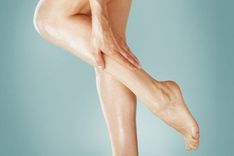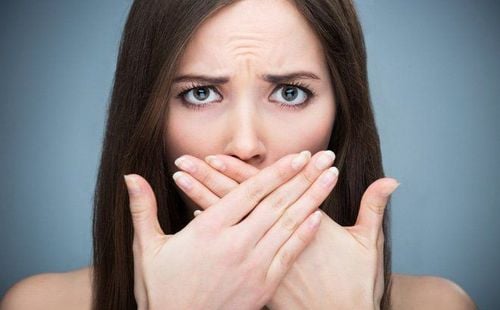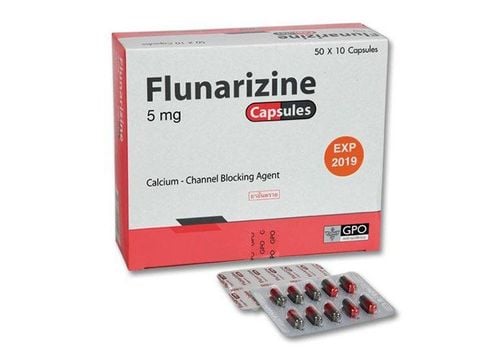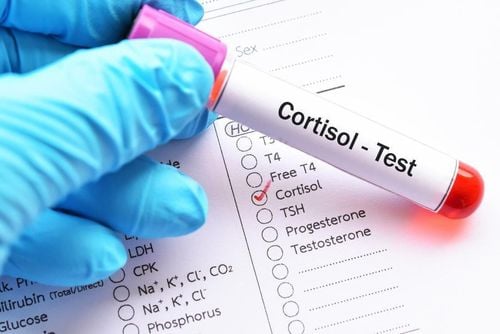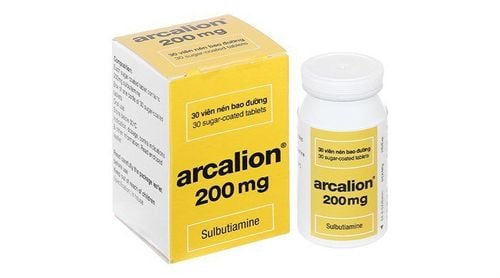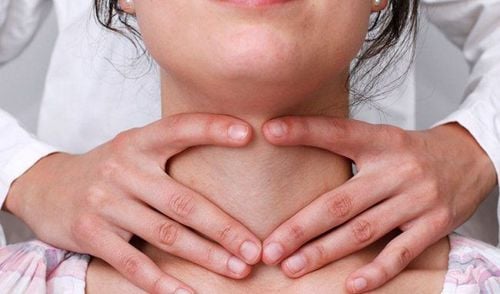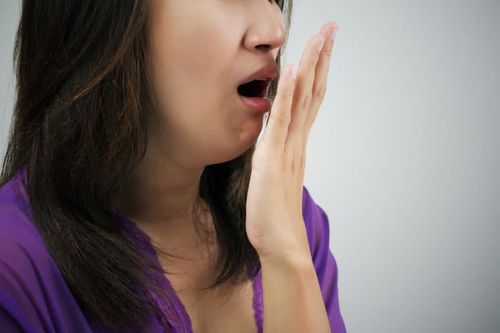1. What is drooling while sleeping?
When sleeping, the facial muscles and swallowing reflex are always in a relaxed state, so the amount of saliva in the mouth accumulates quite a lot. If the saliva is stored to a certain limit, the facial muscles will relax and can no longer be controlled. In this state, when a person is lying on his back, saliva will automatically flow down to the stomach and esophagus, but when a person is lying on his left or right side, saliva will flow back out. Because of the condition of drooling while sleeping, when you wake up, you will find your blanket and pillow wet and have a rather unpleasant smell.
Drooling while sleeping is common in all ages, but you should still be vigilant to find out what drooling while sleeping is. Sometimes this can be a warning sign of some diseases, especially in the elderly.

2. What causes sleep or salivation?
2. What causes drooling while sleeping?
To know what drooling while sleeping is, you first need to learn more about the causes of this condition. Normally, saliva is secreted when there is external stimulation such as food, color and taste of food, meal time, images, words or thoughts related to eating,... especially sour foods such as tamarind, mango easily make the salivary glands work harder. In addition to the usual stimulation, there are also some other causes that make you drool while sleeping:
Neurological - psychological problems: Neurological diseases such as autonomic neuropathy, neurological disorders,... will cause the salivary glands to be stimulated and secrete more even when sleeping. In addition, the body being stressed, sleep disorders, tension, fatigue and weakness can also easily cause the condition of drooling while sleeping to occur frequently.
Eating habits: As mentioned, eating and thinking about food also have a great influence on the condition of drooling while sleeping. Increased salivation during sleep can be caused by regularly eating spicy foods such as pepper, mustard, chili, etc. In addition, eating too much at night can also easily cause increased salivation during sleep.
Dental problems: The condition of uncontrolled salivation during sleep often occurs in people with dental problems such as pharyngitis, tooth decay, mouth ulcers, etc.
Digestive problems: Many records show that drooling during sleep also often occurs in people with digestive disorders, stomach ulcers or duodenal ulcers, etc.
In addition to the above causes, endocrine disorders and taking certain medications, etc. can also affect the condition of drooling during sleep.
Dribbling during sleep is a natural physiological manifestation of the body. However, excessive drooling during sleep can also warn of health problems in the nervous system, digestive system and teeth, even stroke in the elderly... that you need to pay attention to.

3. Remedies for drooling while sleeping
If drooling while sleeping often occurs, it can easily cause your mouth to dry out and cause bad breath. Here are some effective ways to overcome this condition:
Clean your sinuses before going to bed: Cleaning your sinuses will help your nose to be less clogged while sleeping and you will not have to breathe through your mouth, thereby reducing saliva flow out. You should clean your sinuses with specialized products before going to bed to keep your nasal cavity clear and clean.
Change your sleeping position: Lying on your left or right side will easily cause saliva to flow onto your pillow and blanket while sleeping. Therefore, lying on your back is the best way to let saliva flow into the esophagus and stomach instead of flowing out. Adding an extra pillow to raise your head to the most comfortable position will also help you limit drooling while sleeping.
Reasonable diet: Do not eat too much spicy spices such as chili, pepper, mustard, ... to avoid stimulating the salivary glands to increase secretion. In addition, not eating too much at night will also help you avoid drooling while sleeping.
Keep your mind comfortable: Keeping your mind comfortable, free from stress and tension is also the key to help you reduce drooling while sleeping. At the same time, sleeping on time and getting enough sleep is also a way to help the body stay full of energy and not tired.
In general, drooling while sleeping is usually harmless, but if this happens continuously, it will make many people feel uncomfortable and unhygienic. Therefore, you should consider applying methods to overcome this condition or see a doctor if necessary.
To arrange an appointment, please call HOTLINE or make your reservation directly HERE. You may also download the MyVinmec app to schedule appointments faster and manage your reservations more conveniently.


